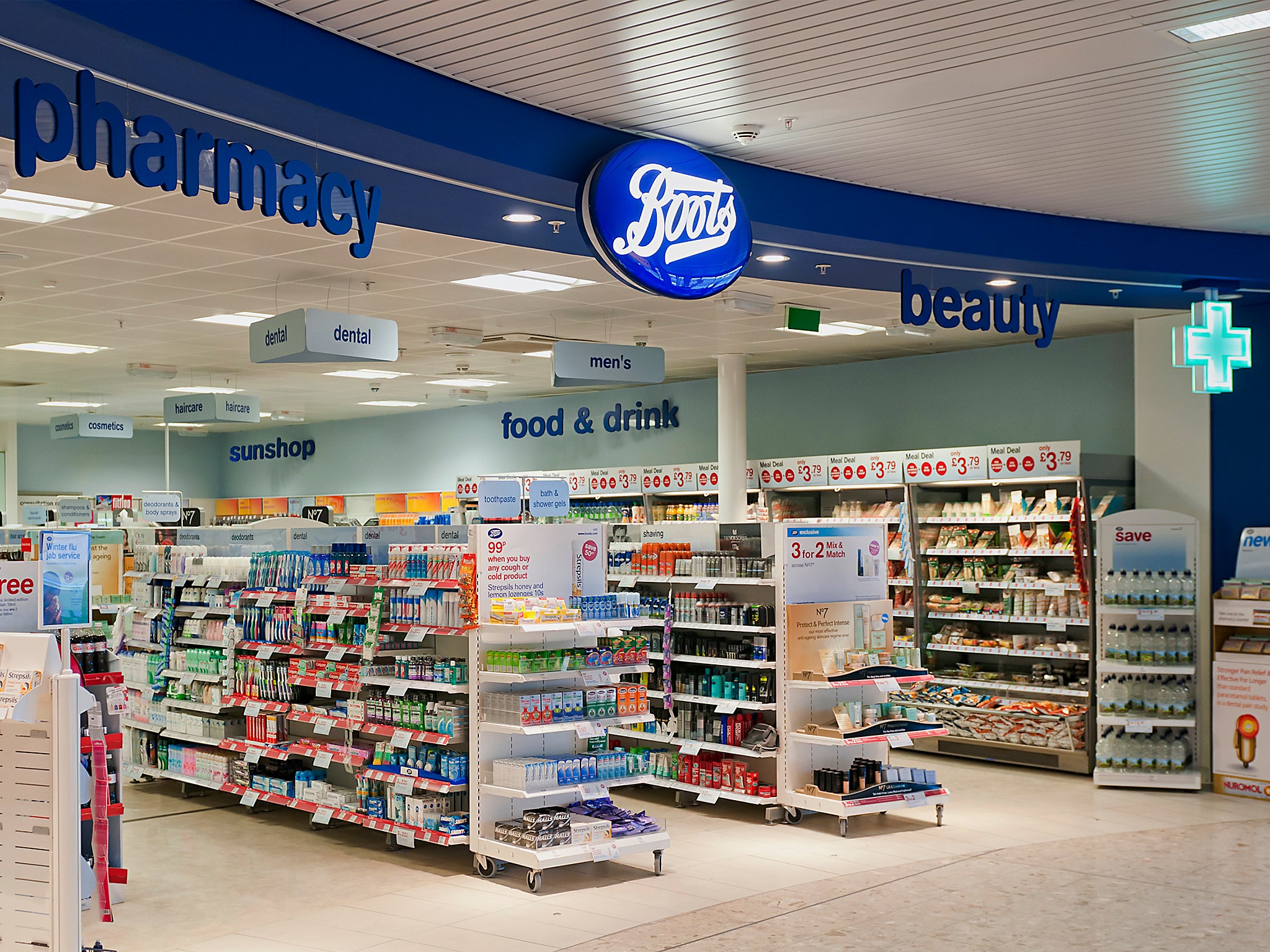The Independent's journalism is supported by our readers. When you purchase through links on our site, we may earn commission.
Boots is charging women high rates for the morning after pill because they think we might use it 'inappropriately' if it's cheap
‘We would not want to be accused of incentivising inappropriate use, and provoking complaints, by significantly reducing the price of this product,’ the company wrote. It's like something out of ‘The Handmaid's Tale’


Both Superdrug and Tesco have agreed to reduce the price of emergency contraception after a campaign by The British Pregnancy Advisory Service (Bpas). The charity wrote to leading pharmaceutical providers asking them to consider cutting the cost of the morning after pill to bring it in line with other European countries, after it was revealed that British women are forced to pay up to five times more than their European peers for the contraceptive. The pill can be bought in France for as little as £5.50 whereas in in the UK, it can costs £31.60, according to research from the European Consortium for Emergency Contraception.
However, leading pharmacy chain Boots has refused to cut the cost – and one of its reasons why is particularly disturbing.
A letter from Boots to Bpas explaining the decision, seen by the Independent, points out that EHC is already available from a number of sources, including community pharmacies, and confirms that the majority of Boots pharmacies support a local free NHS service for people who are eligible.
However, the letter also includes the following paragraph:
“In our experience the subject of EHC [emergency hormonal contraception] polarises public opinion and we receive frequent contact from individuals who voice their disapproval of the fact that the company chooses to provide this service. We would not want to be accused of incentivising inappropriate use, and provoking complaints, by significantly reducing the price of this product.”
As far as I’m concerned, this sounds an awful lot like Boots is saying women should think ourselves lucky that the company provides emergency contraception at all, given that many people think we shouldn't have access to it. It seems to justify charging women an extortionate price for healthcare on the basis that it is necessary to pander to sexist public opinion. It sounds a bit like something out of The Handmaid’s Tale.
Why should the pricing of a product be affected by misogynistic societal assumptions about those who need to use it? Like the sexist surcharge that sees women pay above the odds for everything from razors to shower gel, this is just one more way in which gender inequality hits women in the wallet.
The letter also seems to imply that Boots agrees that women would use emergency contraception “inappropriately” if it was available at a lower price. This not only suggests a very low opinion of women in general, but also implies that Boots considers itself to be in a position to police women's morality and behaviour. What’s really “inappropriate” is deliberately making it more difficult for people to avoid unwanted pregnancies.
Boots’ own-brand morning after pill costs only marginally less than the major named brand. So the company will continue profiting from women under the justification of policing female sexual behaviour and reproductive choices.
This is particularly egregious given Boots' attempts to market itself as a forward-thinking, female-friendly firm, from its “here come the girls” adverts, to the announcement of feminist author Chimamanda Ngozi Adichie as the face of its No7 make-up brand.
Considering that around 61 per cent of British women have used emergency contraception, this is an issue that is likely to have a wide impact.
Unveiling its new ad campaign in 2012, Elizabeth Fagan, then marketing director of Boots, said: “It’s a move on from ‘Boots gets women’. We know how you behave, we know you think and we get you. But now it’s not enough to show that we understand. Now we need to look at how to inspire them and help them have more fun in their lives.”
Perhaps respecting and trusting women to make their own life choices would be a good place to start, instead of basing pricing decisions partly on sexist customer complaints. Otherwise, the company might find its female customers heading to Superdrug and Tesco instead, sending the message that perhaps Boots doesn’t necessarily know women quite as well as it would like to think.
Join our commenting forum
Join thought-provoking conversations, follow other Independent readers and see their replies
Comments
Bookmark popover
Removed from bookmarks